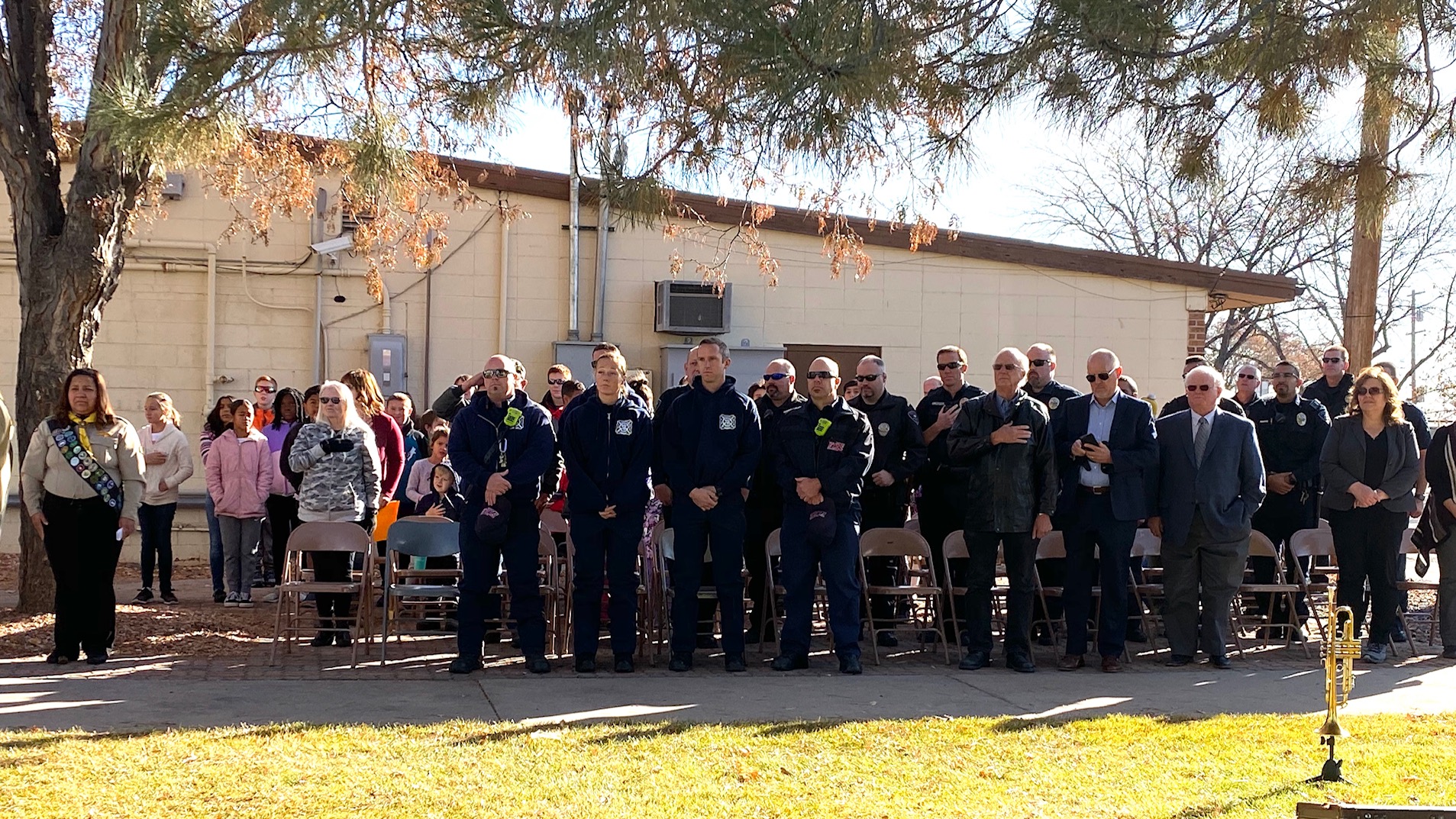By Nathan Brown
Because of where many of us live in time, place, and culture—and the traditional place the Bible occupies in our own lives—one of the temptations we encounter in our reading of the Bible is to assume it is telling the story of the mainstream and the powerful. Even our traditional Adventist starting point in sharing the story of the Bible—the image and prophecies of Daniel 2—can distract us with the assumption that the Bible is focused on the rise and fall of kingdoms and empires. But reading more closely must remind us that the headlines of history are only ever the backdrop against which the Bible tells the story of what is happening on the margins.
Yes, at times, we will hear a sermon that highlights the roles of the outsiders in the Bible story. Someone might point to the outsider women of dubious reputation specifically mentioned in the ancestry of Jesus—Tamar, Rahab, Ruth, and Bathsheba (see Matthew 1). Or the Christmas story will include mention of the foreign magi who came “from the east” to worship the infant Jesus, even while the religious leaders of Israel had missed the momentous event of His birth. Or we can see how Jesus reached out to those who were foreign, outcast, and unclean throughout His ministry. Or we might consider the case of the Ethiopian eunuch, the sexually diverse foreigner that the Holy Spirit guided Philip to baptize into the way of Jesus (see Acts 8:26–40).
But these are usually presented as the exceptions, rather than the rule. Even these sermons miss the bigger picture of the Bible: that God has continually and recurringly worked with outsiders to take His story forward in the history of our world. Read rightly, the Bible is the story of the outsiders and the strangers. From Abraham who left his home “without knowing where he was going. And even when he reached the land God promised him, he lived there by faith—for he was like a foreigner, living in tents” (Hebrews 11:8, 9) to the life of Jesus—a poor, homeless, back-country preacher of question- able parentage and background—and so many faithful people of God in between (see Hebrews 11:35–40) and since, it seems that for many the calling to follow God is a calling to become an outsider and a stranger to the world around them.
But we also see this in the larger patterns of the history of nations and peoples. The Bible’s alternative history of the world foregrounds the stories of otherwise unknown and un- likely individuals, but also of small families, forgotten tribes, oppressed or excluded peoples whom God called out to be His people.
There are two stand-out examples of this in the Bible’s larger story. The first was God’s actions of bringing out the people of Israel from their Egyptian slavery, not because they were powerful or important but simply because they were loved and chosen by God. As Moses would remind the people toward the end of his experience in leading them, “The Lord did not set his heart on you and choose you because you were more numerous than other nations, for you were the smallest of all nations!” (Deuteronomy 7:7).
The second example comes with the establishment of the church as those who followed Jesus—again, those who were called out but also those who were “grafted in” to the fulfilment in Jesus of the promise to Israel (see Romans 11:17–21).
In both of these major interventions of God, those who heard the call to be God’s people were placed where they did not otherwise belong. God was regular in reminding them that they were recipients of His grace and that their position of privilege was neither inevitable nor irreversible. One of His key reminders was that this should transform how they relate to those who were marginalized in their communities and who would come among them as strangers: “Do not take advantage of foreigners who live among you in your land. Treat them like native-born Israelites, and love them as you love yourself. Remember that you were once foreigners living in the land of Egypt. I am the Lord your God” (Leviticus 19:33, 34).
Central teachings of Jesus also echoed this reminder and this imperative. For example, the story of the Good Samaritan featured the improbable and disruptive hero to the story as the answer to how Jesus’ hearers should “love their neighbor as yourself” (Luke 10:27). This story offered the listeners an awkward choice between identifying with the “holy” people who simply passed by and thus obviously broke the commandment to love, the victim of the attack who was forced by circumstance to accept the kindness of the stranger, or—if wanting to see themselves as the hero of the story—the com- forting but discomfiting stranger.
Even in Jesus’ teaching about how to respond in a worst- case ethical situation, His command was “love your enemies! Pray for those who persecute you!” (Matthew 5:44). It is intriguing to wonder if the conversion of Saul the Persecutor on the road to Damascus (see Acts 9:1–19) might have been a direct answer to some of the persecuted disciples of Jesus pray- ing just such a prayer. It was certainly something that Paul the Apostle came back to repeatedly in his ministry and writing, expressing his amazement that he was an outsider, a stranger, who had been brought near by the gracious and dramatic intervention of God (see, for example, 1 Corinthians 15:8, 9).
So when a stranger wanders in—to our church, to our lives, to our faith, to our communities and nations—we must first recognize them as one of us, because we were strangers. No one should belong more in our communities of faith than a stranger, because we are a community of strangers. When we begin to forget this, when we begin to read the Bible as a book that tells the story of the powerful or restricts those who are welcome in our communities or forever condemns some to be outsiders or lesser, Moses and Paul, the Hebrew prophets and Jesus Himself would remind us, probably loudly, “Remember, you were strangers . . .”
And while we might be tempted to spiritualize this as a theological concept, portraying the truth of our broken relationships with God and each other, this spiritual estrangement plays out in a million practical and destructive ways. As such, our spiritual reconciliation and renewal must also play out in practical, creative and restorative ways in our everyday lives, in the big issues in our world and perhaps particularly in our lives together in communities of faith.
So when a stranger wanders in, they are not only recognized theologically as one of us, as belonging however counterintuitive that might seem, they must be welcomed practically and truly. We must recognize and respect the process or journey that has brought them to this point, which did not begin with our knowledge or proximity to it, and the courage needed to take this step. While we do not abandon our discernment, we recognize that we can learn from them and their story, and that they might be our Good Samaritan if we have the humility to be recipients of their kindness and contributions.
So when a stranger wanders in, we celebrate together.
–Nathan Brown is a writer and editor at Signs Publishing in Warburton, Victoria, Australia. Check out the website for Nathan’s newest book Of Falafels and Following Jesus at www.FalafelsandFollowingJesus.com. Email him at: [email protected]














